A few years back, a friend from Newcastle, in the north of England, was down in London and I was giving him a tour of the town. At various points I stopped and pointed out where various friends had lived. “That’s where my late friend X used to live.” “That’s where my much-missed friend Y had his shop.” Eventually my delightfully straight-talking companion stopped me and said: “Are any of your friends fucking alive?”
I’m happy to report that the answer is “yes,” but it did make me think about something I’ve unwittingly done all my life – which is to have a disproportionate number of friends who are much older than me.
One of my closest friends died recently at the age of 93. He was one of the best people imaginable, and we probably ate more meals together over the past 20 years than I have eaten with anyone else.
I think that latterly, as almost all his contemporaries had fallen off the perch, our friendship deepened. I certainly know how much his friendship meant to me. Not just to have someone to speak to who was older, wiser and had a lot more life experience, but to have someone whose longevity allowed him to encourage me, tease me and push me.
Sometimes our life experiences aligned exactly; at other times we mulled on the ways in which they couldn’t. One thing that my friend found absolutely incommunicable was the nature of aging.
Even a man of his experience was baffled in the face of this. “You’ve no idea – how can you?” he used to say. Whenever I took a stand against plans in the UK to introduce euthanasia, he told me I had no right to talk about it because I had no idea what I was talking about – because how could I? I wouldn’t take that from many people, but I was willing to take it from him.
I once told him that his bafflement put me in mind of the great comedian Norm Macdonald, who in his only book wrote: “The only thing an old man can tell a young man is that it goes fast, real fast. Of course, the young man will never understand this truth.”
At the risk of contradicting Norm, there are in fact a lot of things an older person can teach a younger person. There is knowledge, there is wisdom, there is memory. And then there’s perspective. Short-term setbacks seem unimportant with time. Intermittent heartbreaks and frustrations settle down as they recede into the past.
This latest loss made me think about how relatively uncommon it seems to be to sustain friendships with people two or three times your age. I’ve never understood this. All my grandparents died while I was quite young, so I missed much of that. But I don’t think I ever went searching for grandparent-like figures. I just enjoy being around people who are interesting, who have lived and, to quote grandiosely Stephen Spender’s most famous poem, “remember the soul’s history.”
I suppose that anyone interested in history would inevitably gravitate toward those who have lived it
A wonderful friend who died a few years ago – also in her nineties – was more fun than most girls a third her age. She was curious, fascinated by new trends and had a memory that went back a century. She loved the company of younger people as much as we loved hers. One day she and I were talking about Benjamin Britten and she suddenly said: “I can’t remember, Douglas, did you know Ben?” I was a bit startled – slightly worried that she was losing it – and said: “Darling, he died three years before I was born.” Without missing a beat she said: “Oh yes, I keep forgetting you’re not the same age as me.” You could have scooped me up off the floor from the compliment.
Who wouldn’t want to be friends with people who can tell you about those who went long before and what things were like back then? A few years ago I took an elderly artist friend out for dinner in LA. We got talking about the Stravinskys and the 1950s in Hollywood. I felt almost cross at what the other tables in the restaurant were missing out on. It must have been the only table in the country that evening where someone was reminiscing about Vera Stravinsky, and what Rilke once said to her.
I suppose that anyone interested in history would inevitably gravitate toward those who have lived it. But it doesn’t really matter whether someone has lived among the most interesting people of their age or simply felt themselves glance against world events. Either way, they seem to me to provide a useful corrective to and perspective on everything else.
Some readers will have noticed that just about the only group in our society who can be consistently dismissed are the elderly. Look at the way in which audience attendance at public events is judged by how many young people there are – as if the oldies are spoiling it even by showing up. It’s quite right that the next generation should be encouraged to engage themselves. But it doesn’t need to be in a zero-sum game with the older generations.
I wish more elderly people made an effort to have younger friends. At the most selfish level, it helps people through the sniper’s alley that comes your way if you have other friends besides your contemporaries. I also wish more young people realized what they’re missing out on if they only have friends around their own age.
When I read reports about the growing problem of loneliness, I often think about how futile it is to talk about setting up “loneliness czars” and the like. Loneliness cannot be solved by government edict or intervention. It can only be done by people. And while I don’t think many of the older friends I have had have been lonely, I would like to think that together we have discovered something good. Certainly there are gifts reserved for youth – but there are others reserved for age. And for me life has always been at its most rewarding when both are not only in dialogue, but in friendship.
This article was originally published in The Spectator’s June 2025 World edition.



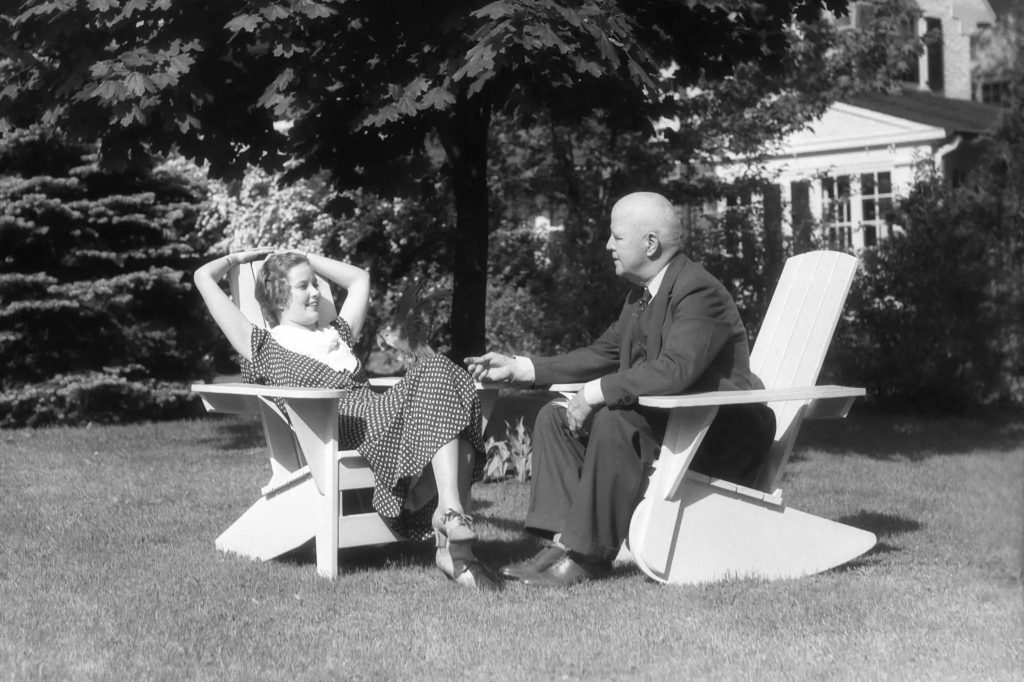










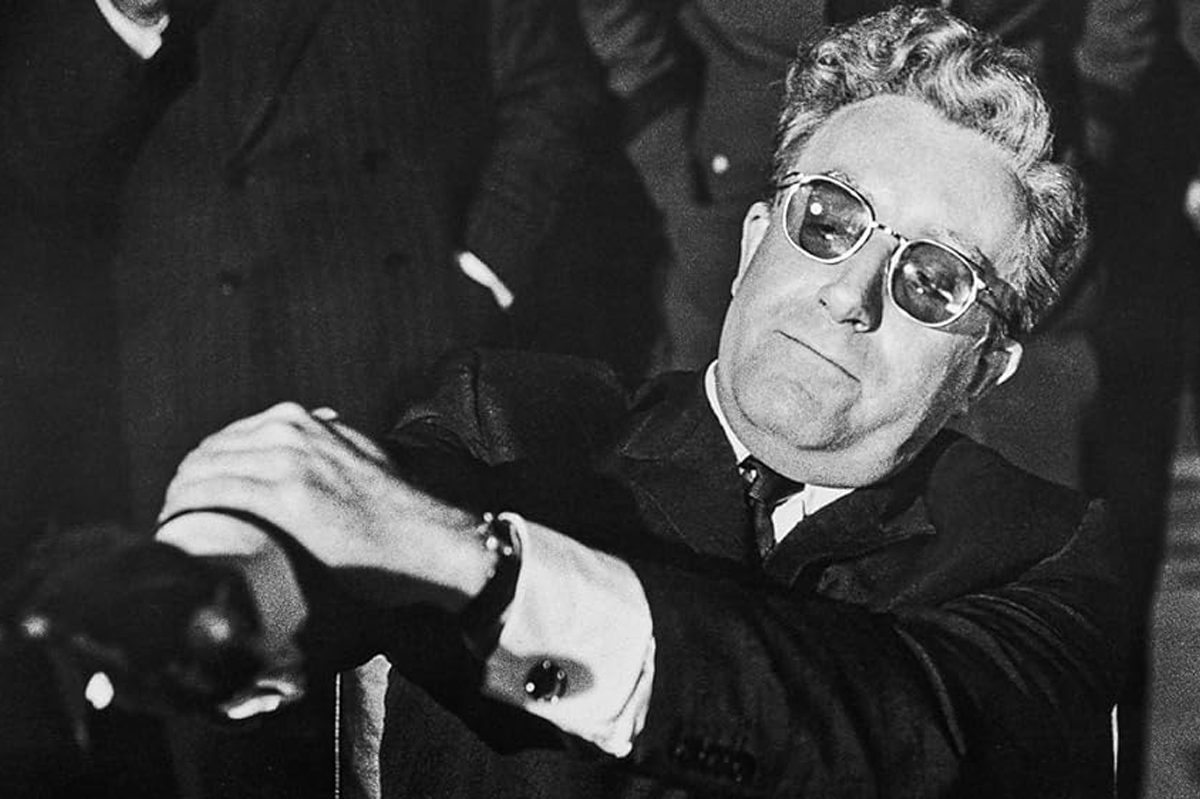
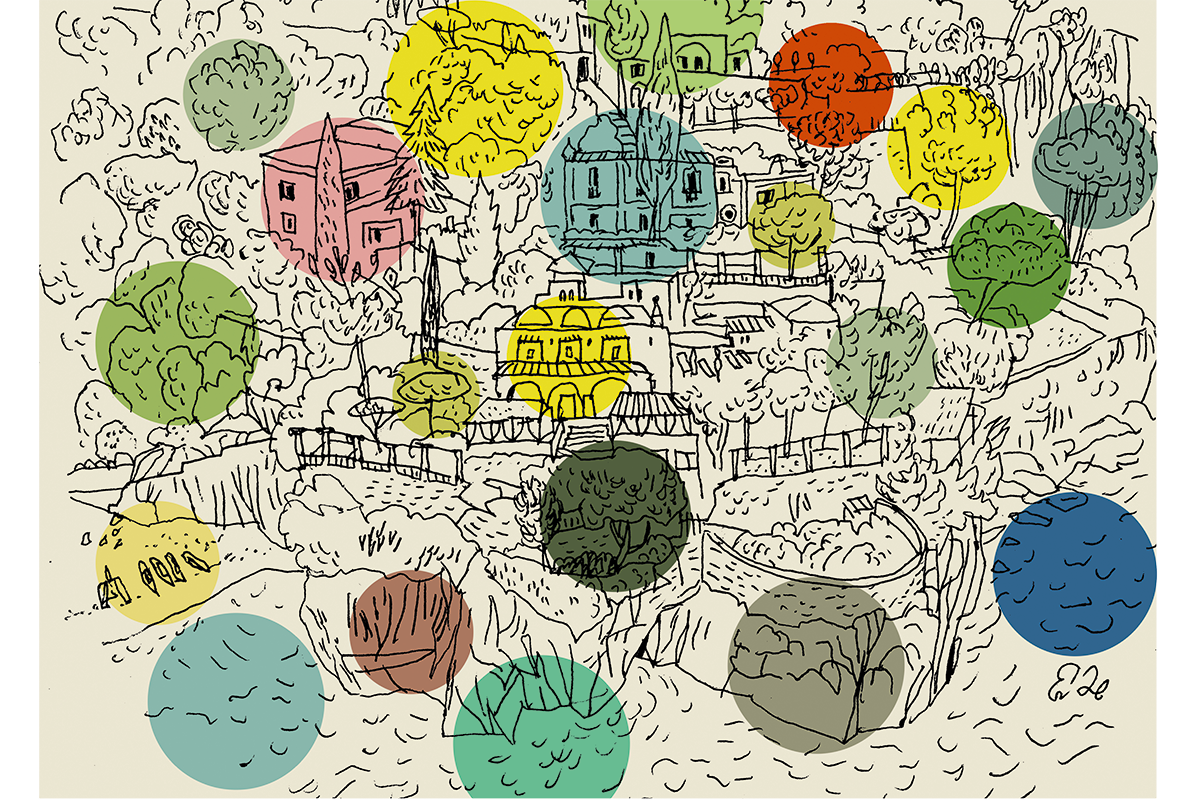
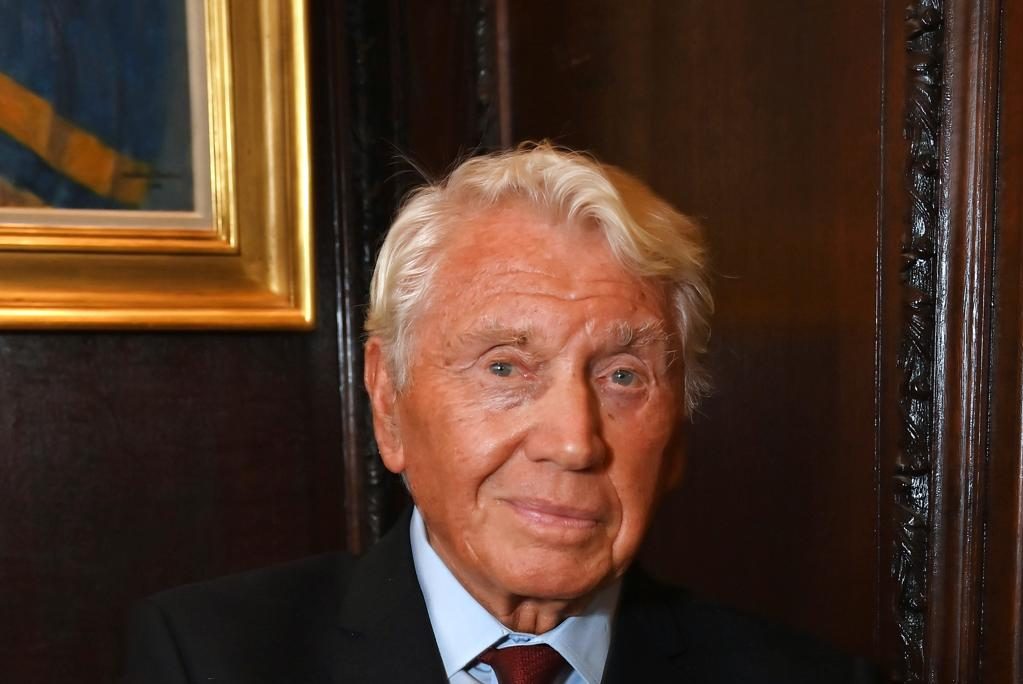
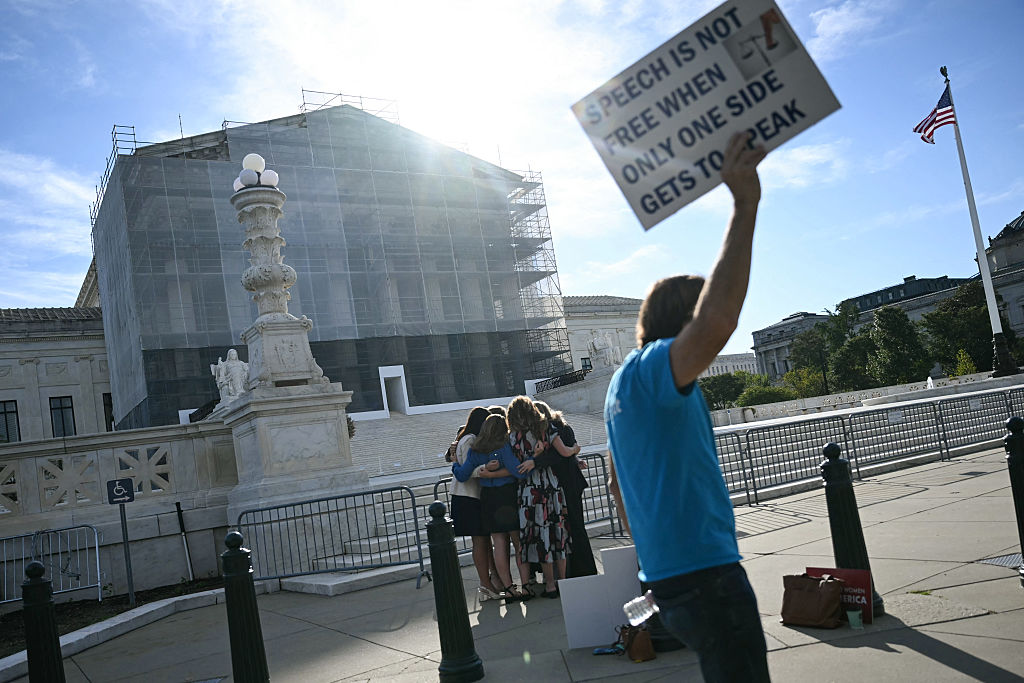








Leave a Reply